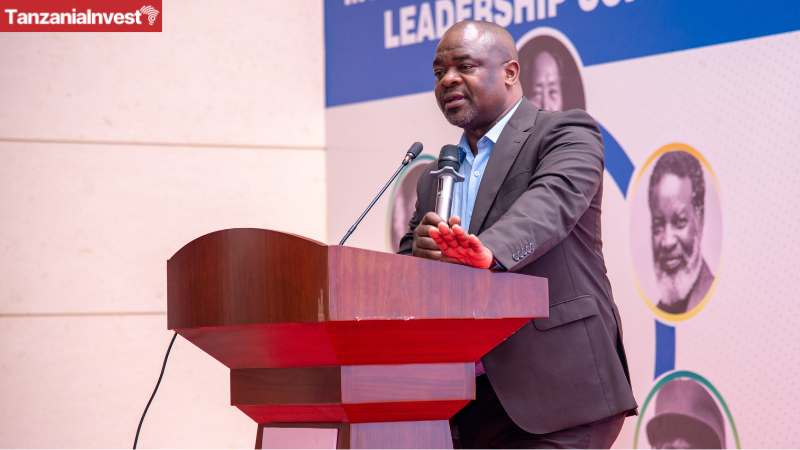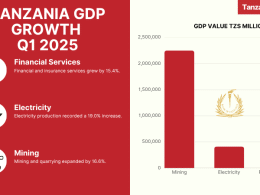The Government of Tanzania has announced plans to introduce investor-friendly laws to accelerate economic growth and support the achievement of the Vision 2050 target of attaining an upper-middle-income economy.
One of the key goals of Vision 2050 is to expand the national economy from the current value of over USD 80 billion to USD 1 trillion by 2050.
To achieve this, the government emphasized the importance of maintaining a conducive business environment and strengthening collaboration between public institutions and the private sector.
The commitment was made on 16 October 2025 in Kibaha, Pwani Region, during a working session that brought together the Office of the Treasury Registrar, the Office of the Attorney General, the Office of the Solicitor General, and the Office of the Chief Parliamentary Draftsman.
Treasury Registrar Nehemiah Mchechu said President Samia Suluhu Hassan has directed government institutions to review and modernize laws to align with Vision 2050 objectives.
“We must have laws that enhance the efficiency of public institutions and promote closer cooperation with the private sector,” said Mchechu.
He added that the improved performance of public institutions is expected to raise their contribution to domestic revenues from the current 4% to 10% within the next four years, as directed by President Samia.
“We must improve our services and products and reduce unnecessary expenditures to increase revenues and, consequently, government dividends,” Mchechu emphasized.
He noted that the government expects productivity from its TZS 92.3 trillion investment in public institutions and companies in which it holds minority shares.
Deputy Attorney General Samwel Maneno said the strength of both public institutions and the private sector depends on the quality of investment laws and contractual management.
He warned that poor management of investment contracts could delay or undermine the government’s economic targets and discourage investors.
“We are giving special attention to contract management. Each fiscal year, we manage between 15,000 and 20,000 contracts. To make this process more effective, we are embracing technology to improve monitoring,” said Maneno.
He also stressed the need to minimize unnecessary bureaucracy, particularly in Public-Private Partnership (PPP) arrangements, to facilitate investment.
Solicitor General Dr. Ally Possi said national laws should serve as an incentive, not a barrier, to investment.
“To achieve our USD 1 trillion economic target, we must continue creating a business environment that attracts more investors,” said Dr. Possi.
He also underscored the importance of improving contract management, particularly in PPP projects, and ensuring public institutions contribute dividends to the national economy.
“This cannot be achieved if institutions are burdened by legal disputes leading to large compensation payments. This meeting aims to address such legal weaknesses,” Dr. Possi added.
Chief Parliamentary Draftsman Onorius Njole said reaching the USD 1 trillion economy depends on the strength of public institutions, which requires a solid legal framework for investment governance.
He concluded: “Public entities must be governed by modern investment laws that match today’s economic realities. The legal system must evolve in line with the pace of investment growth within public enterprises.”










